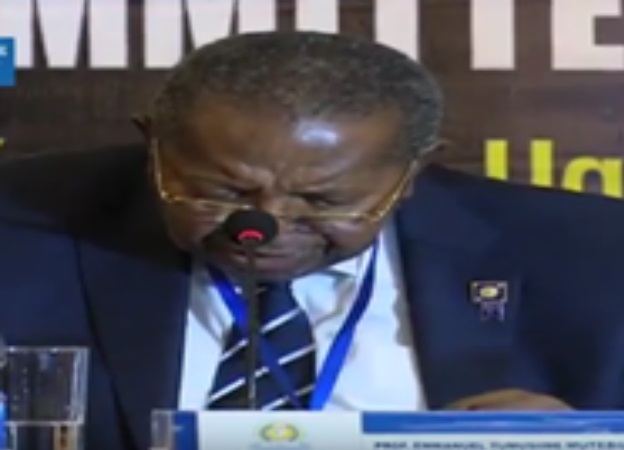The 21st ordinary meeting of the EAC Monetary Affairs Committee provided them with space to share their progress around instruments that would ultimately support the convergence of the Monetary Union. “The prolonged weakness of Private Sector credits growth could further weaken an average demand and economic growth going forward. So we should do whatever it takes to encourage the growth of Private Sector credit.” Said, Tumusiime Mutebile – Governor, Bank of Uganda.
At the high-level meeting in Kampala, Burundi reported that its economy continued to face serious liquidity challenges. “The public finances are still affected by the weak economic activity and the banking sector was exposed to an increase in non-performing loans.” Said, Melchior Wagara – Deputy Governor, Bank of Burundi. Rwanda said that its Private Sector demand for credit had been fairly successful over the past year. “Credit to the Private Sector has grown by 8.3% in the first 6 months of 2017 compared to 7.9% recorded in the same period in 2016.” Said, John Rwangombwa – Governor, National Bank of Rwanda.
For South Sudan, the hyperinflation was due to the drastic drop in crude oil exports that left it precarious. “High inflation of 380% largely precipitated by low levels of International reserves, addressed terms of trade, and widening physical deficit although the Central Bank has stopped the debt finance since December 2015.” Said, Othom Rago Ajak – Governor, Bank of South Sudan. Kenya said it would release findings in a new study around capping of interest rates. “And we expect that we can circulate that to fellow members because it is of significant interest to all of us in the region. Now the banks have been
strengthened in the business model and also introducing better consumer protection mechanisms.” Said, Dr. Patrict Njoroge – Governor, Bank of Kenya.
Tanzania reported that it had been aggressively building its reserves as a measure of stimulating its economy driven by mining and tourism. “We still have room because actually most of us are not at 8%, you are lower so we still can give a little more liquidity to the system. And of course, we also lowered our discount rate very significantly to try and jump start.” Said, Prof. Benno Ndulu – Governor, Bank of Tanzania.

